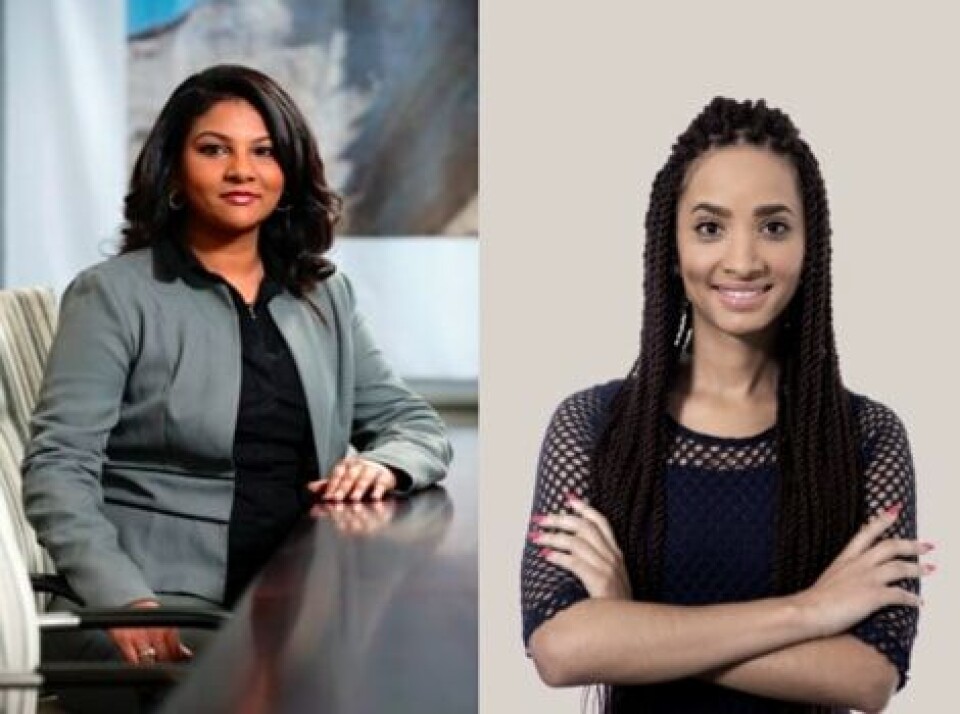Copyright : Re-publication of this article is authorised only in the following circumstances; the writer and Africa Legal are both recognised as the author and the website address www.africa-legal.com and original article link are back linked. Re-publication without both must be preauthorised by contacting editor@africa-legal.com
Prioritising the Vulnerable

The South African arm of the global law firm, Fasken, was awarded the Children’s Advocate Award at the recent African Legal awards. This award, supported by the charity Save the Children, was for the firm’s pro bono work in dealing with children and women needing access to justice. Sushila Dhever, who heads the project, describes the work being done.
In South Africa 59% of children live in low-income households, 12.5 million children rely on child support grants from the state and, 35.4% of children are exposed to some form of abuse in their lifetime. 1
For children and vulnerable women, access to justice is an extreme barrier to the realisation of their basic socio-economic and human rights. This is because of their inability to access the justice system and the inefficiency of the system.
The lower courts assigned with family law matters are treated as the “step children” of the justice system with very little resources allocated to them. The resource constraints often results in: over clogged rolls with very few magistrates to preside over matters; insufficient training with no psychosocial debriefing for magistrates and clerks of the court; undue delays in the finalisation of matters; and, an unintentional failure to always adopt a child- centred approach in disputes.
The failure to adopt a child-centred approach creates secondary victimisation. Secondary victimisation occurs through victim blaming, undue delays, insensitive language, and desensitisation by institutions and officials who are tasked to assist. This results in many matters not reaching finality in the legal process and clients not obtaining justice.
Projects and programmes that are child-centred, empowerment-based and prevent secondary victimisation are required to provide proper access to justice. It is against this background that Fasken created a project in partnership with two non-governmental organisations that service abused women and vulnerable children. Lawyers are provided with psychosocial training and support to efficiently consult with vulnerable children and women. Additionally, legal training is provided to social workers, police officers, communities and other service providers.
The legal help desk set up by Fasken services the legal needs of children and women and ensures that the least psychological damage is done while navigating the justice system so that these families can be reintegrated into society. The legal help desk is based in townships to allow remote communities access to pro bono legal services not ordinarily available in those areas. This project is facilitated with the assistance of social workers who counsel clients before, during and after the court process. Lawyers and social workers support clients and each other throughout the legal process.
Lawyers at Fasken assist South African children, children who are asylum seekers, refugees and unaccompanied minors with: maintenance and social grant applications; access to healthcare and basic schooling, removing and placing children in need of care at places of safety, guardianship applications, care and contact arrangements, parenting plans, and protection orders against child abuse and domestic violence.
The project is holistic because the role of lawyers is not relegated to just finding the best legal solution for clients but through networking and training lawyers adopt a multi-faceted non-adversarial approach to promote family reintegration and rehabilitation (in matters) where such outcomes are achievable. Litigation is used as a measure of last resort. Long term sustainable and practical solutions that are in the best interest of children are found for children and their families through this project. The project has also reduced attrition rates of matters proceeding to court.
The project strives to ensure minimal disruption in the lives of children who are subjected to the justice system. This is achieved through expeditious and mindful litigation that seeks to preserve their relationships with family members and friends and prioritises their schooling. Children are not unduly separated from their mothers, or removed from their homes in gender-based violence matters; their schooling resumes and lawyers ensure minimal disruption of the schooling process; they still have contact with family members where possible and in their best interest. Children are interviewed and counselled by social workers prior to meeting with lawyers and lawyers are trained to consult with children in a manner that is age appropriate and sensitive to prevent further trauma.
Experience has demonstrated that access to justice without financial resources and psychosocial support cannot be fully realised or sustainable. Hence focus is also placed on the external factors contributing to the social problems clients face (not just legal) so that forward-looking solutions are developed with clients’ input. Part of the project is empowerment-based.
The NGOs provide skills training to women in abusive relationships (who have children) so that employment becomes possible. Lawyers work expeditiously on matters so that lower income clients are not forced to take undue leave from their employment thus adding to their financial burden. Matters are handled with the utmost consideration and care so that clients are able to leave a cycle of abuse by: utilising the legal system and social support provided to find employment or develop skills so that they can create better homes for their children and themselves. Parents in need are also offered parental coaching by the NGOs to promote family cohesion.
This project has been beneficial to communities and lawyers at Fasken. Lawyers have grown professionally and personally. Fasken is honoured to serve its communities in a way that will leave a legacy for generations to come. Fasken is also delighted to work with the non -governmental organisations that do this work on a daily basis with very little recognition or support.
1. Statistics on children South Africa
To join Africa Legal's mailing list please click here
